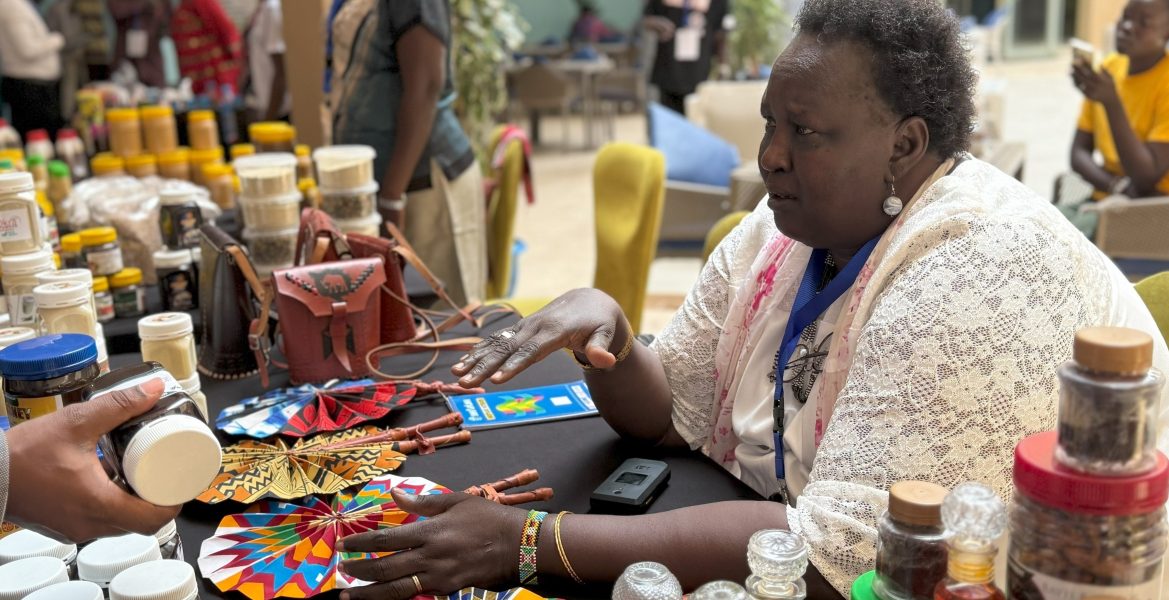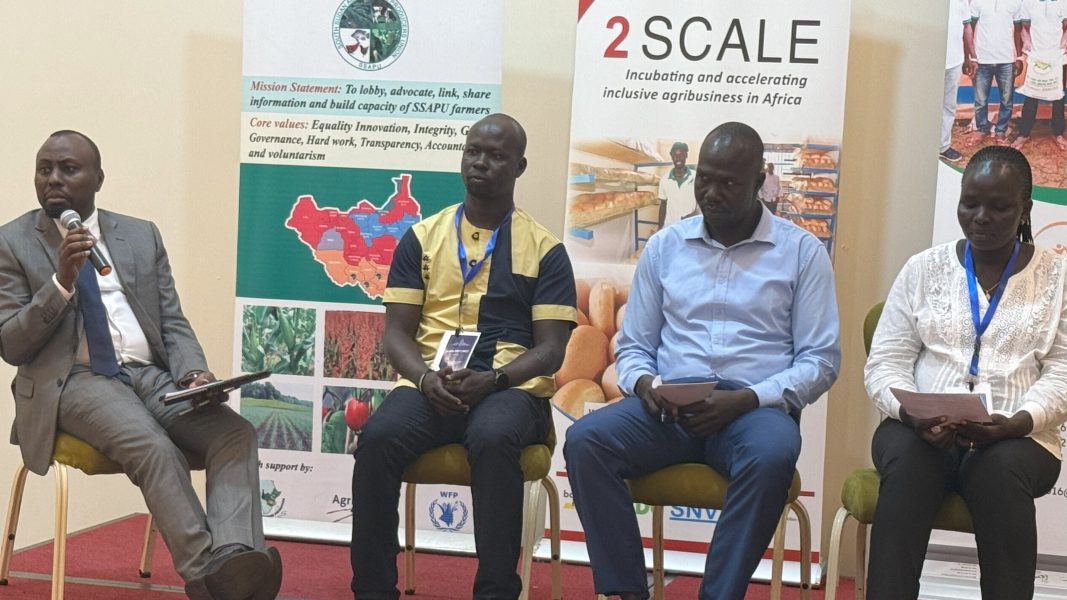
In Juba, South Sudan’s capital, a diverse coalition of farmers, entrepreneurs, policymakers, and financial leaders gathered this week under one roof with a shared purpose: to reshape the country’s agricultural future through inclusion, resilience, and grassroots leadership.
The event, titled Building Resilient and Inclusive Agribusiness Ecosystems in South Sudan, served as both a rallying cry and a strategic checkpoint for the nation’s agribusiness agenda.
At the heart of the conversation was a growing consensus: real agricultural transformation must begin with those already doing the work, smallholder farmers, women-led cooperatives, and community innovators.
Speaking at opening session of one-day workshop, Mary Benjamin Loki, Director of the National Food Reserve at the Ministry of Agriculture and Food Security, emphasized the urgent need to support the “hands that feed the nation.”
“These women farmers are producing over 80% of our food. They are doing it with little to no support. But they keep going. That’s resilience. That’s power. Now, we must match it with policy, financing, and action,” she said.
Loki, who shared her own background as both a farmer and a public servant, warned that implementation of national agricultural policies remains painfully slow at the grassroots level.
She called for stronger coordination, access to financing, and a shift from project-based approaches to sustainable, community-driven investments.
Loki was clear: “These cooperatives don’t need millions, they need access, trust, and tools to grow. That is the model we must support.”
Meanwhile, the Country Team Leader for 2SCALE, Alaana Sebit echoed the call for local solutions.
“The innovation is already happening, in Magwi, Yambio, and Torit. We must stop piloting and start scaling what works. These aren’t just farmers, they are entrepreneurs, problem-solvers, and leaders,” Sebit said.
Throughout the workshop, panelists and participants stressed the need for stronger engagement from financial institutions, especially in creating agriculture-friendly products that reach rural producers.
The gathering also spotlighted successful community models, like the Nyakuron market, were local produce feeds families daily.
The Inclusive Agribusiness Club event in Juba attracted more than 50 participants from across South Sudan.
As the workshop concluded, the message was unmistakable: food security, economic recovery, and national resilience are inseparable from inclusive agribusiness.


